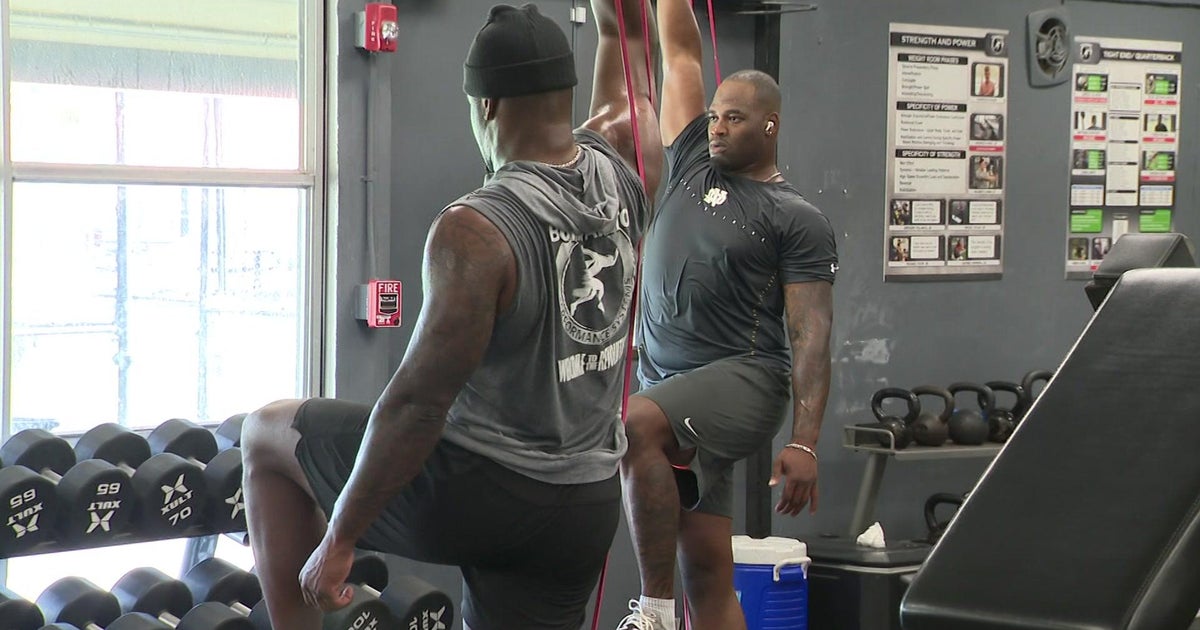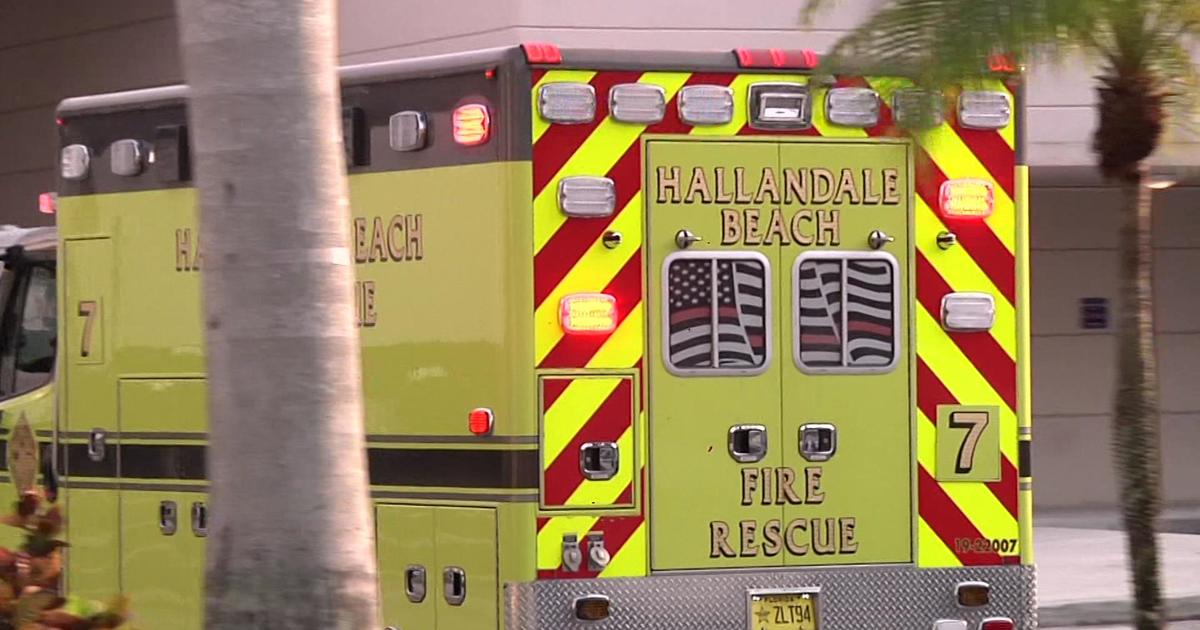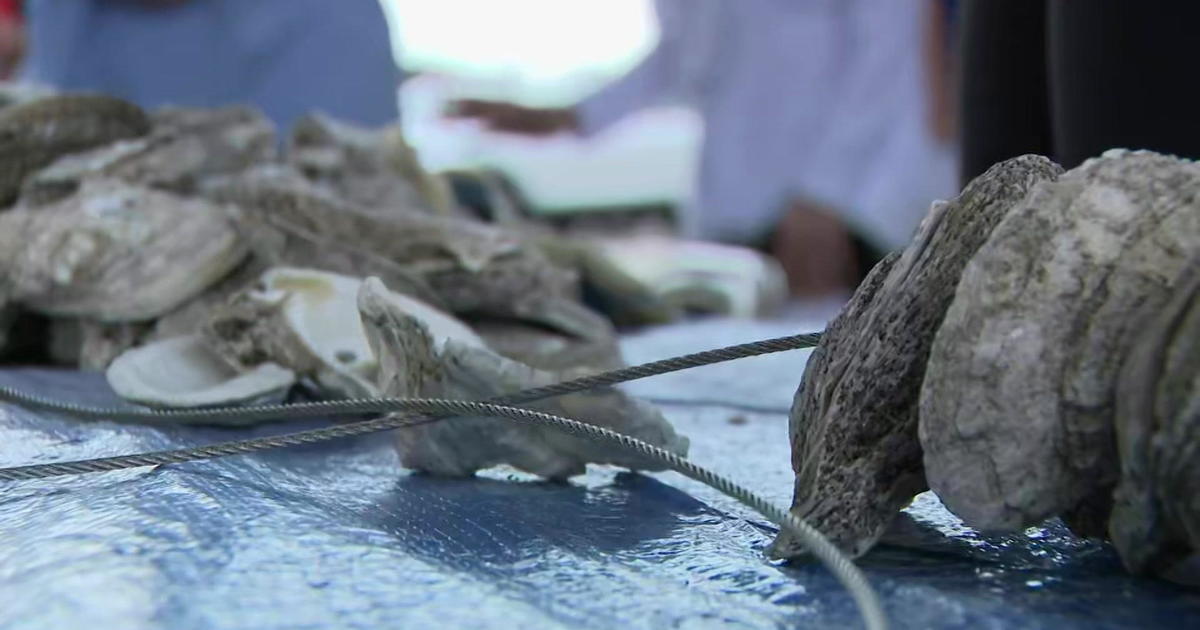Preparing Your Child for a Potential Hurricane
This material was provided by Miami Children's Hospital, which is responsible for the content.
Most children thrive on routines and being in control. Every day they wake up, eat breakfast, go to school, do their homework and play with their friends. However, children and teenagers can become anxious when their routines are disrupted by natural disasters such as a hurricane or tropical storm.
As another hurricane season begins, it's important for parents to talk with their children and provide guidance and support in the case of an emergency. A young child might be worried about being separated from her mommy. A 10-year-old might wonder if the house can withstand a storm, while a teenager might be concerned about helping a friend whose family is out of the country.
Parents should try to address those fears in a factual, reassuring manner. If you remain calm, your children will often follow your behavior.
Here are five more suggestions to help your child through the 2011 hurricane season:
- Create a family emergency plan. Sit down with your children and discuss where you would go if you need to leave your home. Be sure to write down everyone's cell phone number – parents, children, families and friends – and also input it into the child's phone.
- Prepare for the storm. If a hurricane is heading for South Florida, have your child help with the preparations, such as bringing in lawn furniture, checking flashlight batteries, getting out candles and packing a three-day supply of water, medications and non-perishable foods. Remind teens to fill up their car's gas tank.
- Watch television together – in limited amounts. Television is a good way to get information in advance of a storm. But watching too much news coverage can increase a child's fears. It's better to watch the news together, and then switch off the TV, particularly if a storm is still several days away. Remember that graphic images of storm damage can be upsetting to young children.
- Get ready to go. If your family needs to evacuate, have your child help with packing. Be sure to include a few special items such as a teddy bear, photos or portable gaming device. Your son or daughter can also help gather food, water and any medications for the family pet – a responsibility that can help the child feel more in control. Remember, children take cues from adult emotions, so be sure to remain calm.
- Work together after the storm. Once the storm has passed, your children can help pick up tree limbs or other debris that blew into your yard. If there is serious damage to the home, living arrangements might need to be altered, such as sharing a bedroom. Once things settle down, set aside time to talk with your children about how they feel. Emotional trauma can take months to heal – at any age.
Sara Rivero-Conil is a licensed psychologist with the Miami Children's Hospital Department of Psychiatry.



